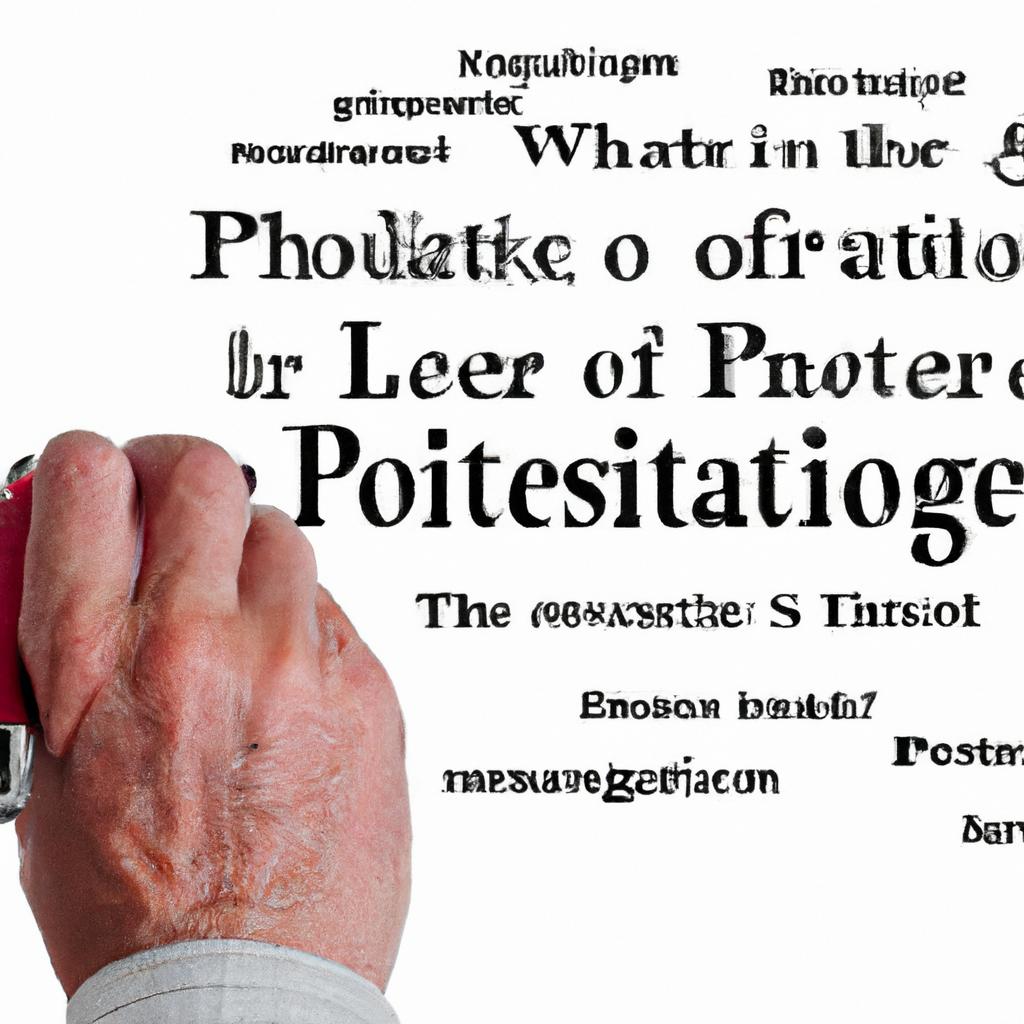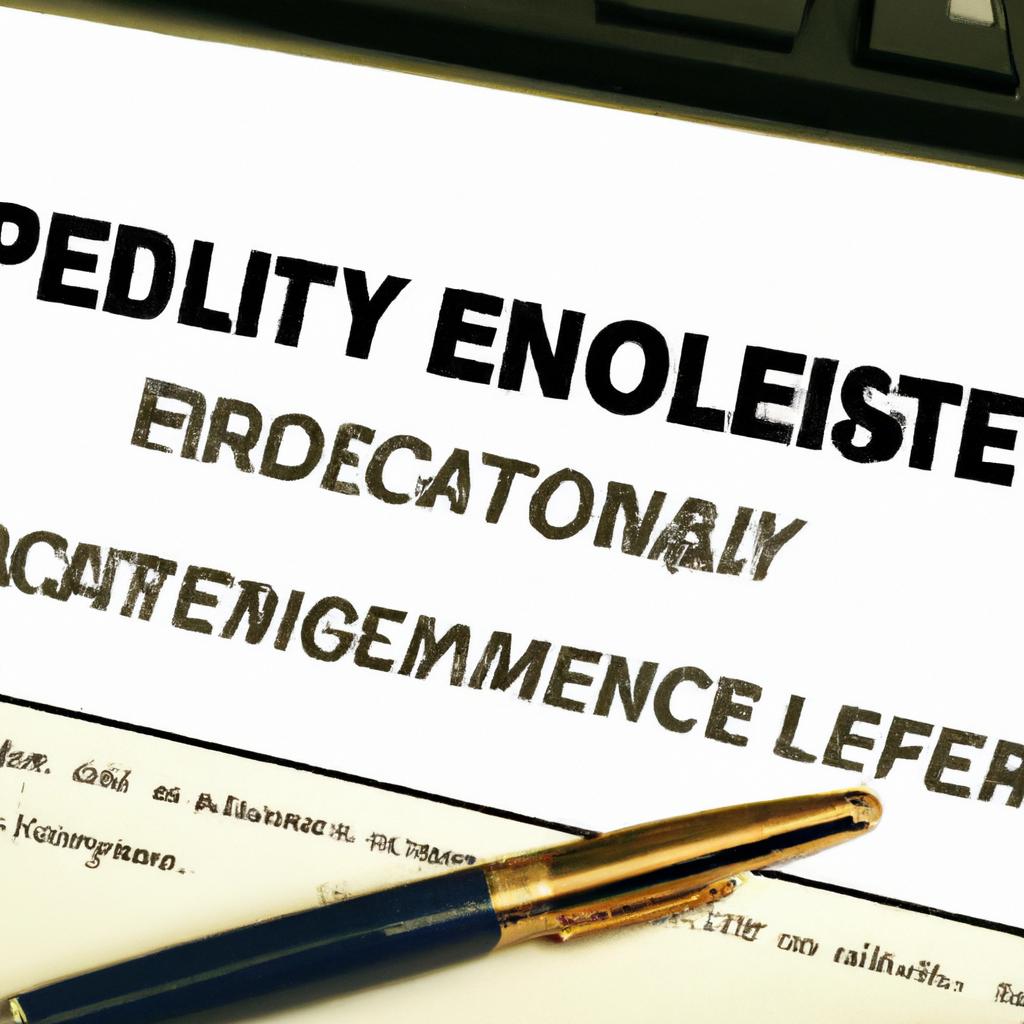Navigating the labyrinthine landscape of probate proceedings can be a daunting task for those unfamiliar with the intricacies of the legal system. One of the most pressing questions in the minds of our clients is often “how long does probate take?” At Morgan Legal Group, a leading law firm specializing in estate planning and probate matters in New York City, we understand the importance of providing clear and concise answers to our clients’ inquiries. In this article, we will delve into the factors that can affect the duration of the probate process and offer insights to help demystify this often complex and lengthy procedure.
Understanding the Probate Process
When it comes to the probate process, one of the most common questions we receive is: how long does probate take? The duration of probate can vary depending on several factors, including the complexity of the estate, any potential disputes among beneficiaries, and the efficiency of the appointed executor. While some probate cases can be resolved within a few months, others may take a year or more to complete.
It’s important for individuals involved in the probate process to be patient and diligent in providing all necessary documentation and information to ensure a smooth and timely resolution. Working with experienced probate attorneys, like those at Morgan Legal Group in New York City, can also help expedite the process and navigate any potential challenges that may arise.

Factors Influencing the Duration of Probate Proceedings
are varied and can significantly impact how long the process takes to complete. One key factor is the complexity of the estate itself, including the number and types of assets involved, whether there are any disputes among beneficiaries, or if there are any outstanding debts or tax issues that need to be resolved. Additionally, the efficiency of the executor or personal representative appointed to oversee the probate process can also play a role in how long it takes to settle the estate.
Another important factor that can influence the duration of probate proceedings is the court’s caseload and scheduling. Some courts may have a backlog of probate cases, which can delay the process significantly. Additionally, the laws and procedures governing probate in the state where the estate is being administered can also impact the timeline. It is crucial to work with an experienced probate attorney who can guide you through the process and help navigate any potential obstacles that may arise, ultimately helping to expedite the probate proceedings and bring closure to the estate in a timely manner.
| Complexity of Estate | Efficiency of Executor | Court Caseload | State Laws and Procedures |
| Number and types of assets involved | Timely handling of tasks | Potential delays due to backlog | Impact on probate timeline |
| Disputes among beneficiaries | Resolution of debts or tax issues | Efficient scheduling | Need for experienced probate attorney |

Efficient Strategies to Expedite the Probate Process
When it comes to expediting the probate process, there are several efficient strategies that can help streamline the proceedings and minimize delays. One effective strategy is to ensure that all necessary documents are properly prepared and organized before submitting them to the court. This includes gathering all relevant financial records, legal documents, and asset inventories in a clear and concise manner.
Additionally, utilizing alternative dispute resolution methods, such as mediation or arbitration, can help resolve any potential conflicts or disagreements among beneficiaries outside of the courtroom. By working collaboratively with all parties involved, it is possible to reach agreements more quickly and avoid lengthy court battles. Finally, working with an experienced probate attorney can provide valuable guidance and expertise throughout the process, helping to navigate complex legal requirements and deadlines with ease.

Expert Guidance to Navigate Through Probate Timelines
When it comes to navigating through probate timelines, it’s important to understand that the length of the process can vary depending on various factors. The average time it takes to complete probate is around 6 to 9 months, but this timeline can be extended due to complexities in the estate, disputes among heirs, or challenges to the Will. To help you navigate through the probate process smoothly and efficiently, it’s crucial to seek expert guidance from experienced probate attorneys who can provide you with the necessary support and advice.
At Morgan Legal Group, our team of skilled professionals is well-versed in handling probate cases and can assist you in every step of the way. We understand the intricacies of probate law and can help you navigate through the legal requirements and deadlines with ease. With our guidance, you can ensure that the probate process is completed in a timely manner, allowing you to move forward with peace of mind. Trust in our expertise to help you navigate through probate timelines and secure your loved ones’ assets for the future.
Q&A
Q: How long does probate usually take?
A: The length of time it takes for probate to be completed can vary depending on a number of factors.
Q: What are some factors that can affect the length of time it takes for probate?
A: Factors that can affect the length of time it takes for probate include the complexity of the estate, whether or not there are any disputes among the heirs, and the efficiency of the court system in the jurisdiction where the probate is taking place.
Q: Is there a standard timeframe for probate to be completed?
A: There is no standard timeframe for probate to be completed as the process can vary significantly from case to case.
Q: Can probate be expedited in any way?
A: In some cases, probate can be expedited by making sure all necessary documents are in order and by working with an experienced probate attorney.
Q: Are there any tips for speeding up the probate process?
A: Some tips for speeding up the probate process include staying organized and keeping all necessary documents in order, communicating effectively with all parties involved, and being proactive in addressing any issues that may arise during the process.
Q: How can someone best prepare for the probate process?
A: To best prepare for the probate process, it is important to have a thorough understanding of the deceased’s assets and debts, to gather all necessary documents, and to consider seeking guidance from a qualified probate attorney.
In Summary
In conclusion, the length of time it takes to complete the probate process can vary depending on various factors such as the complexity of the estate, any potential disputes, and the efficiency of the executor. While some probate cases may be resolved quickly, others can drag on for months or even years. It is important to be patient and seek guidance from legal professionals to ensure a smooth and timely resolution. Ultimately, understanding the probate process and being prepared for potential delays can help alleviate some of the stress and uncertainty that often accompany this legal procedure.
 When a loved one passes away, their assets and debts need to be distributed according to their will or state laws. This legal process is known as probate, and it can often be a lengthy and complicated process. In this article, we will discuss how long probate typically takes and what factors can affect its duration. We will also explore ways to potentially shorten the probate timeline and provide practical tips for navigating this process.
When a loved one passes away, their assets and debts need to be distributed according to their will or state laws. This legal process is known as probate, and it can often be a lengthy and complicated process. In this article, we will discuss how long probate typically takes and what factors can affect its duration. We will also explore ways to potentially shorten the probate timeline and provide practical tips for navigating this process.
Understanding Probate
Before diving into the length of the probate process, it’s important to understand what probate entails. Probate is the legal process through which a court validates a deceased person’s will, appoints an executor or personal representative, and oversees the distribution of assets. It also involves settling any outstanding debts and taxes owed by the deceased.
The probate process can vary depending on the state in which the deceased lived and the complexity of their estate. A basic probate case usually involves the following steps:
1. Filing for probate: The first step in the probate process is to file a petition with the court to begin probate proceedings. This is typically done by the executor named in the will or an appointed personal representative.
2. Notice to heirs and creditors: After the petition is filed, the court will require that notice be given to all heirs and creditors. This gives them the opportunity to contest the will or make a claim against the estate if necessary.
3. Inventory and appraisal of assets: The executor or personal representative will gather and inventory all assets and have them appraised to determine their value.
4. Payment of debts and taxes: Before any assets can be distributed to heirs, all outstanding debts and taxes must be paid. This can include mortgage payments, credit card bills, and income taxes.
5. Distribution of assets: Once all debts and taxes have been paid, the remaining assets can be distributed according to the will or state laws.
Factors Affecting the Length of Probate
Now that we have a basic understanding of the probate process, let’s explore the factors that can impact the time it takes to complete probate. Each of these factors can add to the overall length of the process:
1. Complexity of the estate: The more complicated the deceased’s assets are, the longer it will take to settle the estate. For example, if the deceased owned real estate in multiple states, it can significantly prolong probate proceedings.
2. Contested wills or claims: If there is a dispute over the validity of the will or a claim is made against the estate, this can significantly delay probate proceedings.
3. Sale of assets: If the deceased left behind assets that need to be sold to pay off debts or distribute to the heirs, it can add time to the probate process. This is because the assets need to be appraised, marketed, and sold, which can take months or even years.
4. Court schedules: The court’s availability and caseload can also affect the timeline of probate. Depending on the state and county, the court might have a backlog of cases, causing delays in probate proceedings.
5. Family dynamics: In some cases, family disputes can arise during the probate process, causing a delay in the distribution of assets. This is why it’s essential to have a clear and legally-binding will to avoid any potential conflicts.
How Long Does Probate Typically Take?
The length of probate can vary significantly depending on the factors mentioned above. On average, probate can take anywhere from six months to two years to complete. However, in complicated cases, probate can take even longer, sometimes lasting several years.
For example, in the state of California, where the court system is known to be backlogged, probate can take anywhere from 8-10 months for a simple case and up to 3 years for a more complicated one. In Texas, the average probate time is anywhere from 9-12 months. In contrast, states like Oregon and Georgia have more streamlined probate processes and can take as little as a few months to complete.
Ways to Potentially Shorten the Probate Timeline
While there is no way to guarantee a shortened probate process, there are some steps that can potentially help speed up the process:
1. Use a living trust: A living trust allows for the transfer of assets outside of probate, meaning they won’t have to go through the lengthy probate process.
2. Communicate effectively: It’s crucial to maintain open communication with all parties involved in the probate process. This includes beneficiaries, creditors, and the court. Promptly responding to any requests can help prevent delays.
3. Hire an experienced attorney: Having a knowledgeable and experienced probate attorney can help expedite the process. They can ensure that all legal requirements are met and help navigate any potential roadblocks that may arise.
Tips for Navigating Probate
Here are some practical tips for navigating the probate process smoothly:
1. Understand state laws: It’s crucial to familiarize yourself with the probate laws in your state as they can vary significantly. This will help you navigate the process more efficiently and avoid any potential mistakes.
2. Keep thorough records: Make sure to keep detailed records of all financial transactions, including any estate expenses and payments made to creditors. This will help you stay organized and will be useful in settling any disputes that may arise.
3. Stay organized: Keeping all necessary documents and information in one place can help streamline the probate process. This includes the deceased’s will, financial records, and contact information for all parties involved.
In Conclusion
In summary, probate is a necessary legal process that ensures a deceased person’s assets and debts are distributed according to their wishes or state laws. While the timeline for probate can vary, it typically takes between six months to two years to complete. Various factors can affect the length of probate, such as the complexity of the estate and court schedules. However, by following the tips mentioned above and seeking the guidance of an experienced probate attorney, you can potentially expedite the process and navigate it more smoothly.

